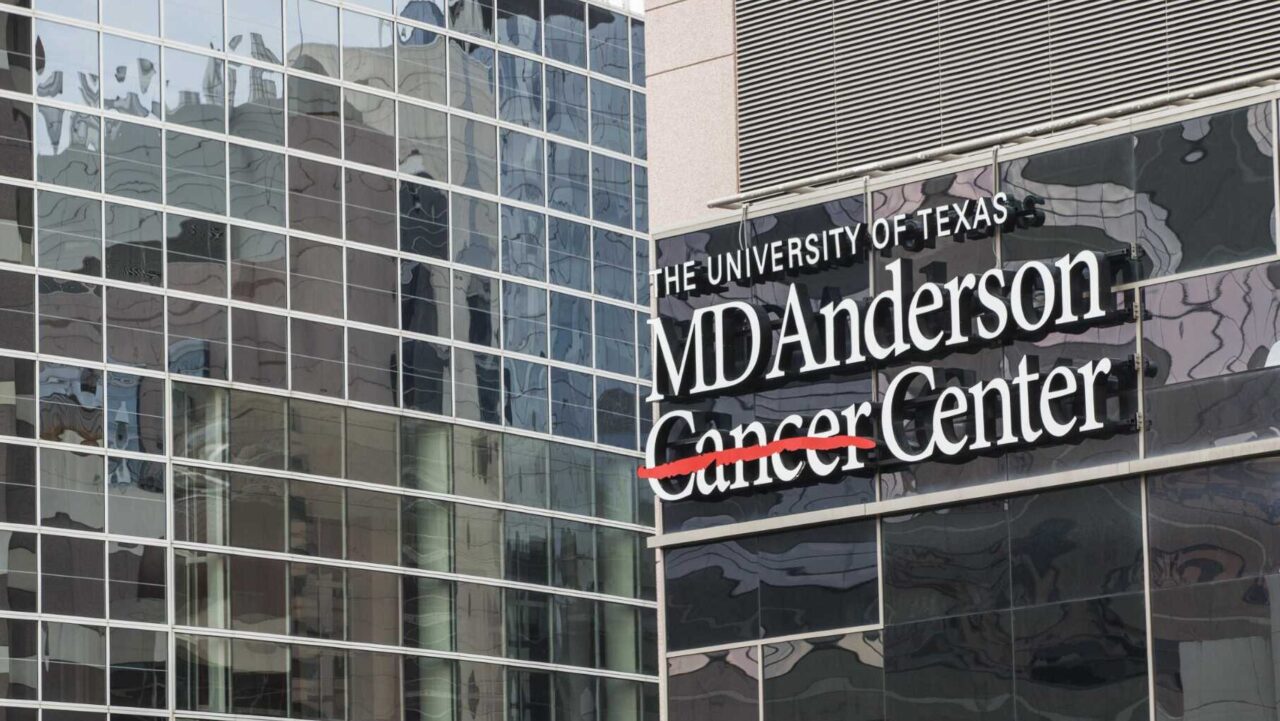
Americans face disparities in exposure to tobacco on streaming platforms study led by MD Anderson
First-of-its-kind study reveals viewers from minority groups, current smokers and those with lower education or income levels are more likely to encounter tobacco-related programming
Tens of millions of Americans are being exposed to tobacco content on streaming services, according to new research from The University of Texas MD Anderson Cancer Center. The researchers found that the odds of encountering tobacco products being advertised, marketed or promoted on these platforms increased based on race, ethnicity, socioeconomic status and smoking habits.
The nationally representative study, published in JAMA Network, revealed an estimated 12.4% of American adults were exposed to tobacco promotion on streaming services. Exposure was highest among those with a high school education or less (16.4%), Black/African American respondents (19.4%), Hispanic respondents (16.4%), those with an annual household income less than $20,000 (17.6%), and current smokers (17%).
“When viewers see a character smoking, vaping or using tobacco in any form, it can reduce the stigma associated with these behaviors. If a hero or main character smokes, it can subconsciously signal that it’s acceptable, leading some, including America’s youth, to take the first step on the path to smoking,” – said lead author Sanjay Shete, Professor of Biostatistics and Epidemiology.

The respondents, chosen from the National Cancer Institute’s Health Information National Trends Survey (conducted March 7- November 8, 2022) were asked if they had noticed or heard any tobacco products being advertised, marketed or promoted on television or streaming platforms (including Netflix and Hulu) over a three-month period. Over 90% of survey participants responded to this question.
The World Health Organization recommends a complete ban on all forms of tobacco advertising and promotion. While cigarette advertisements on traditional television and radio have been banned in the U.S. since the 1970s, these regulations do not extend to portrayals of tobacco in modern streaming content. Shete notes concerns that this gap may allow tobacco companies to subtly target and influence vulnerable populations while circumventing existing restrictions.
“As these popular platforms continue to dominate the entertainment space, it becomes increasingly important to consider regulations for this content, especially given the potential for exploitation. These types of public health interventions can contribute to a healthier and more equitable society by preventing individuals from engaging in behaviors that can increase their risk of cancer and other diseases,” – Shete said.
Limitations of the study include low-response bias associated with population-based surveys, lack of data on the duration of exposure to the tobacco content, the subjective nature of the questionnaire and not including Americans younger than 18.
Given that streaming platforms use limited ads and prohibit tobacco advisements, most reported exposures are likely due to tobacco use depictions in shows and movies. This type of promotion is difficult to regulate, as it is unclear whether tobacco companies fund such depictions, or if they constitute artistic choices made by content creators.
The research was funded by the National Cancer Institute (P3OCA016672), the Betty B. Marcus Chair in Cancer Prevention, and the Duncan Family Institute for Cancer Prevention and Risk Assessment. A full list of collaborating authors and their disclosures can be found here.
About MD Anderson
The University of Texas MD Anderson Cancer Center in Houston ranks as one of the world’s most respected centers focused on cancer patient care, research, education and prevention. The institution’s sole mission is to end cancer for patients and their families around the world, and, in 1971, it became one of the nation’s first National Cancer Institute (NCI)-designated comprehensive cancer centers. MD Anderson is No. 1 for cancer in U.S. News & World Report’s “Best Hospitals” rankings and has been named one of the nation’s top two hospitals for cancer since the rankings began in 1990. MD Anderson receives a cancer center support grant from the NCI of the National Institutes of Health (P30 CA016672).
Other posts featuring MD Anderson Cancer Center.
-
Challenging the Status Quo in Colorectal Cancer 2024
December 6-8, 2024
-
ESMO 2024 Congress
September 13-17, 2024
-
ASCO Annual Meeting
May 30 - June 4, 2024
-
Yvonne Award 2024
May 31, 2024
-
OncoThon 2024, Online
Feb. 15, 2024
-
Global Summit on War & Cancer 2023, Online
Dec. 14-16, 2023
